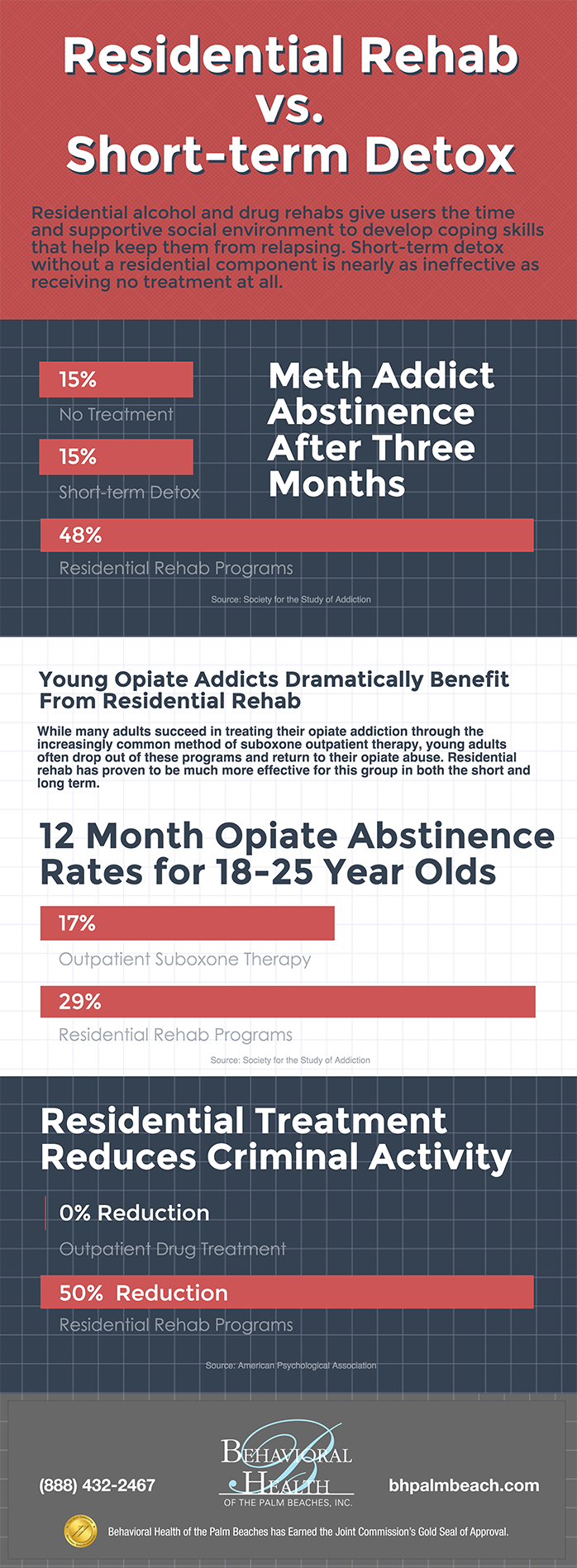The Important Duty Of Aftercare In Drug Recuperation Programs: Ensuring Long-Lasting Success
The Important Duty Of Aftercare In Drug Recuperation Programs: Ensuring Long-Lasting Success
Blog Article
Post Composed By-McPherson Pruitt
Aftercare is an important element of your recovery journey. It supplies the recurring support you need as you transition back to daily life. With reliable aftercare, you can deal with triggers and stress factors head-on while strengthening the skills you've learned. Yet exactly what does a solid aftercare plan look like, and how can it help you maintain your soberness? Let's explore the essential elements that make a difference.
Recognizing Aftercare: What It Is and Why It Matters
Aftercare is crucial in the recuperation journey, especially after completing a drug rehabilitation program. It describes the support and sources available to you as you change back right into every day life.
This phase aids you keep sobriety, preventing relapse by resolving possible triggers and stress factors. Comprehending aftercare ways identifying its importance in reinforcing the skills you found out throughout rehabilitation.
You'll face difficulties outside the organized setting, and having a solid aftercare plan can make all the difference. It's not almost staying clear of compounds; it's about developing a healthy and balanced way of living and producing a helpful network.
Secret Parts of an Efficient Aftercare Plan
A strong aftercare strategy is vital for keeping the development you made throughout rehabilitation. Initially, normal follow-up appointments with your therapist or therapist aid you remain liable and focused on your goals.
Next off, take into consideration signing up with support groups, like Alcoholics Anonymous or Narcotics Anonymous, to connect with others who comprehend your journey.
Integrating healthy regimens, such as workout, mindfulness, and nutrition, also strengthens your healing. In addition, recognize triggers and create coping strategies to deal with cravings properly.
Establishing a strong support system of friends and family that encourage your soberness is important. Lastly, create a regression prevention strategy that lays out specific actions to take when you really feel attracted.
These components jointly contribute to an effective transition back into every day life.
Overcoming Obstacles: Approaches for Remaining Sober After Rehab
Although remaining sober after rehabilitation can be challenging, there are effective techniques to help you get over difficulties.
First, develop a strong support network. Border on your own with close friends, family members, and sober peers who understand your journey.
Next off, participate in normal treatment or support groups. These give a secure area to share your struggles and acquire understandings.
Establish a daily regimen that consists of healthy and balanced habits, such as exercise and mindfulness, to maintain your mind focused.
Furthermore, stay clear of triggers by acknowledging atmospheres or situations that lure you to make use of materials.
Ultimately, set practical goals for your recovery. Commemorate visit the following web page to keep motivation.
Final thought
To conclude, aftercare is important for your lasting success in recovery. By engaging in ongoing assistance and making use of reliable aftercare plans, you can browse everyday difficulties and remain sober. https://www.addictioncenter.com/news/2021/10/overdose-deaths-record-high-96000/ in mind, it has to do with building a strong network and creating healthy and balanced regimens that strengthen what you discovered in rehab. Embrace the sources available to you, remain dedicated, and do not hesitate to connect for help when required. Your journey to continual recovery continues past rehabilitation-- make it count!
